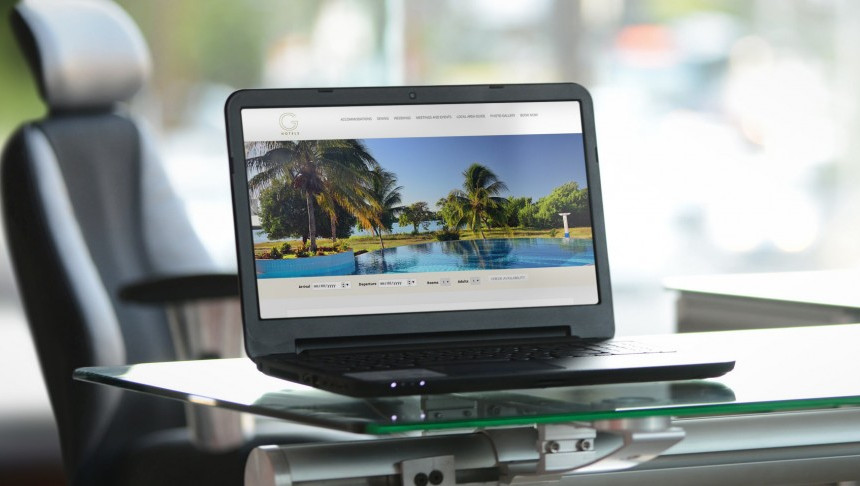In an increasingly connected and demanding world, established brands cannot afford to stand still. EyeforTravel’s Pamela Whitby hears how car rental firm Hertz is staying on track.
If you are travelling inbound from Rio to Miami for a four-day vacation do you want the hassle of getting a local SIM card or you want your car rental firm to throw 60 minutes telephone time a day into your contract. It’s exactly this sort of service that Hertz is looking to provide its ever more demanding and connected customers.
Says Brian Casebolt, Vice-President of Merchandising & Ancillary Revenue, Hertz: “Our goal is to provide our customers with a much higher level of service at a reasonable price.”
While the competition today is unquestionably fierce, this nearly century old car rental firm has certainly ridden a number of technology waves including the briefcase mobile phone of the 1980s, GPS systems and its own branded ‘never-lost’ navigation suite.
In the past few years, however, as people and society have become more connected than ever, Hertz has continued to evolve and today is offering technologies that are portable and plug-in, which offer navigation and concierge services as well as limited telephone mobility and the ability to stream content.
Here are some of the lessons Hertz has learned along the way.
1. Targeting the right customer with the right offer at the right time and at the right price is both a challenge and opportunity
Knowing your customer and what your customer wants is far more demanding today than it was in the past. For this reason, Casebolt argues that it’s important not to apply a kitchen sink product strategy. He also warns not to continually launch new products to fill a pipeline without reviewing the entire portfolio of products. Instead firms should be creating highly curated offerings that appeal to the right customer at the right touch point.
“It’s important to understand who the product is aimed at and what the switching cost is versus another existing product or service, so as to avoid any unnecessary cannibalisation,” he says. That also involves finding a price that is digestible to the consumer.
2. Choice is a double-edged sword
We often hear the refrain that customers must be given more choice, but today this can be a double-edged sword because not everybody wants the same thing. One thing Hertz knows is that customers, across a broad spectrum, continue to expect far more while on the road.
Whether this is driven by mobile-only services like Uber, car-sharing solutions or Google and Apple taking on the big car manufacturers with in-car dashboard technology, the consumer is becoming increasingly discerning and this is no longer just the high-end consumer.
“Everybody is expecting something that is fairly premium because technology has afforded everyone more premium offerings,” says Casebolt.
3. Data is crucial to staying in touch with your customer, colleagues and the competition
It’s important to do extensive consumer research to understand what people really want.
“Never use yourself as that litmus test; be keenly aware and have a pulse on what your consumers are doing and what they want,” says Casebolt.
Read full article at: Hotel Online




